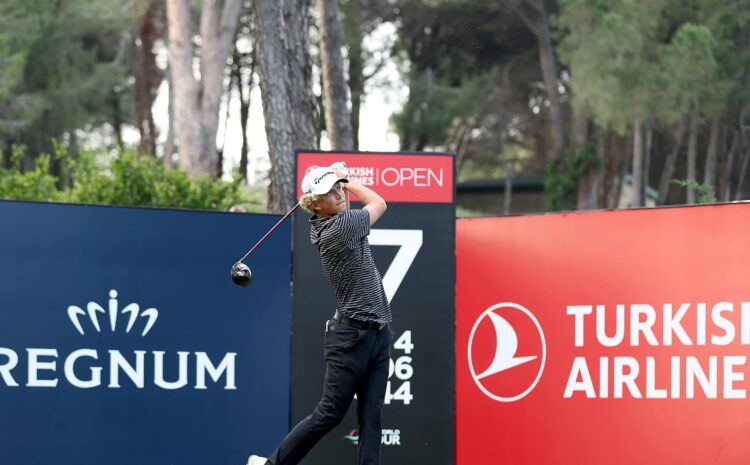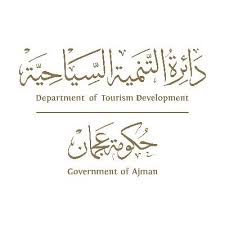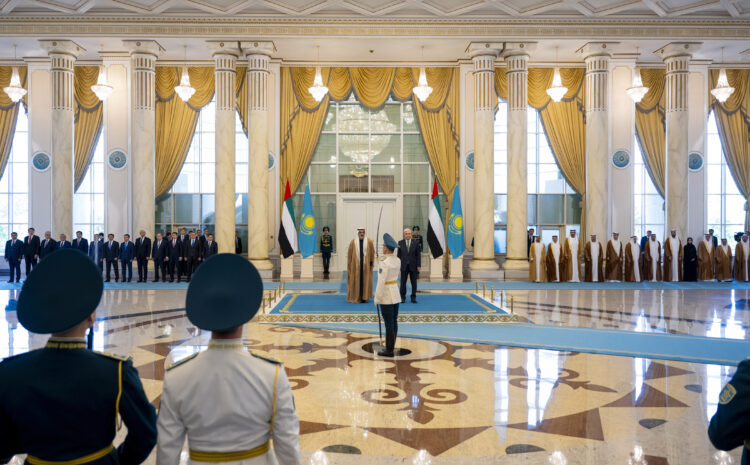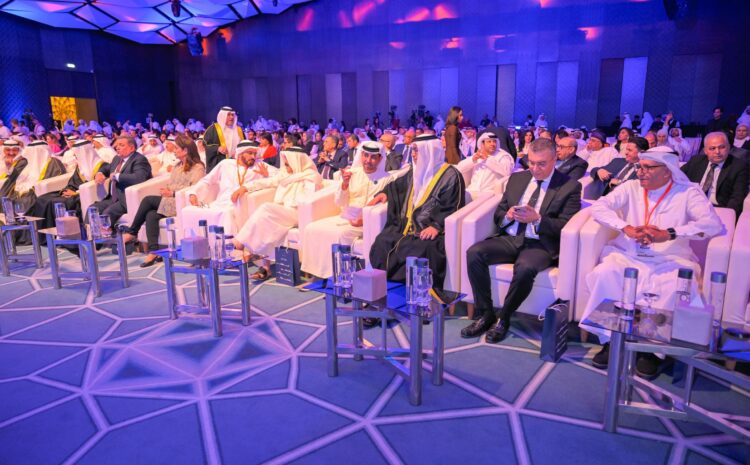
Arab media officials, experts say digital shift reshaping region’s media landscape
KUWAIT, 12th May, 2025 (WAM) — Arab ministers of information, senior officials, and media experts affirmed that the media landscape in the Arab world is undergoing a profound transformation driven by rapid advancements in the digital sphere.
This necessitates a rethinking of media policies and the development of comprehensive Arab digital strategies that keep pace with emerging changes, laying the foundation for digital media that reinforces cultural identity and addresses key challenges.
These insights were shared during a ministerial session organised by TRENDS Research & Advisory in collaboration with the 20th Arab Media Forum, held in Kuwait under the theme: “Media and the Virtual World: Transformations of the Media Landscape in the Digital Age”.
The session featured Dr. Ramzan Al-Noaimi, Bahrain’s Minister of Information; Paul Morcos, Lebanon’s Minister of Information; Ahmed Al-Muslimani, Chairman of the National Media Authority in Egypt; and Dr. Mohammed Abdullah Al-Ali, CEO of TRENDS. It was moderated by Dr. Nader Karam.
In his remarks during the session, Dr. Al-Ali emphasised that the media is undergoing an unprecedented transformation driven by the digital revolution. He noted that media is no longer confined to traditional outlets, but has become an open space where everyone participates, from individuals to corporations, from digital influencers to robots.
He added that the shift from traditional to interactive and virtual media has introduced unprecedented challenges but also opened vast horizons for innovation and creativity.
Artificial intelligence, he explained, has become a central component in modern media operations, from analysing audience behaviour to content creation, combating fake news.
Dr. Al-Ali highlighted that there are now over 4.7 billion active social media users worldwide and nearly 5 billion internet users, underscoring the urgent need for media strategies that can adapt to these massive shifts in audience behaviour and access channels.
Dr. Al-Noaimi stated that the rapid transformations taking place globally today require a parallel media movement that adopts renewed strategies to foster creativity and innovation while preserving national values and principles.
He explained that digital transformation offers both challenges and opportunities, stressing that the virtual world has become a platform for delivering meaningful media messages that reflect the cultural identity of the region’s countries. He called for the adoption of joint Arab media strategies that support the development and elevation of digital content.
Morcos reiterated the pivotal moment the Arab media landscape is experiencing amid rapid technological advancement and digital transformation. He highlighted the fundamental shifts in communication structures and the evolution of the audience into an active partner in content creation.
He called for a unified Arab vision to reform the media sector, proposing the establishment of an Arab fund to support digital media, the launch of a regional media training centre, and the creation of an Arab observatory for digital media ethics. Morcos stressed the importance of shifting from a reactive approach to a proactive one in content creation.
Al-Muslimani explained that the unprecedented volume of information generated by artificial intelligence tools is now reshaping traditional soft power tools. He pointed out that the world is facing a real dilemma, whether to leave digital creativity and industries solely in the hands of individuals and programmers, stressing the urgent need to govern AI through legislation and regulations that can curb the negative consequences of its misuse.
At the conclusion of the session, participants put forward a set of key recommendations, including: establishing Arab digital platforms to counter the influence of foreign media platforms on local audiences; launching regional initiatives to verify news and combat media disinformation; and investing in creative and entertainment content that resonates with Arab youth.
Additionally, preparing a new generation of digital journalists equipped with technical and fact-checking skills; strengthening collaboration between media institutions and think tanks to produce reliable content aligned with rapid technological transformations; supporting the protection of Arab intellectual property; and encouraging regional and international media partnerships.
